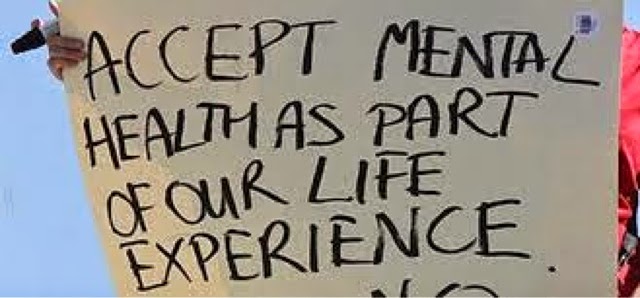To begin this blog, I first did some research on the history of mental health in order to put this bill into context. I found that mental health awareness can be linked back to the Mental Hygiene Movement which began in the mid 19th century. It wasn't until the 20th century, however, when the National Committee for Mental Hygiene was established, the first outpatient mental health clinic was formed. The awareness and advocacy for mental health has grown ever since. Two specific notable organizations that I came across in my research were Mental Health America and the Mental Health Association of Greater Chicago. Both of these establishments share the same common goal: to provide support and assistance to those struggling with a mental illness or special education handicap.
As my research progressed, I began to look for some stories in the news that I could apply to the topic of the bill. I came across a story of an anonymous student at Princeton University which highlighted just how misinformed some schools really are on the reality of mental health (for more information on this story, refer back to my third blog posting). This story was the perfect example of why we need to provide support for the Mental Heath Awareness and Improvement Act of 2013. This bill will strive to properly educate students, faculty, and staff on the nature of mental illnesses, how to identify these conditions/seek help, and most importantly how to properly treat and understand those who have mental illnesses or disabilities. The significance of this bill can be found in the huge impact it can have on the lives of the mentally ill. They deserve to be understood, treated justly, and have the same learning opportunities as all students. Mentally handicapped students have the right to feel just as important to society as their peers; they should never feel like a burden. My research on this to
It and bill has provided me with a new perspective towards all those who are mentally ill and disabled, and I will use the knowledge I've gathered to educate others and advocate for the passing of the mental Health Awareness and Improvement Act of 2013. How will you choose to show your support and compassion for the mentally ill?

Sources:
All previous blog postings
https://www.google.com/images
